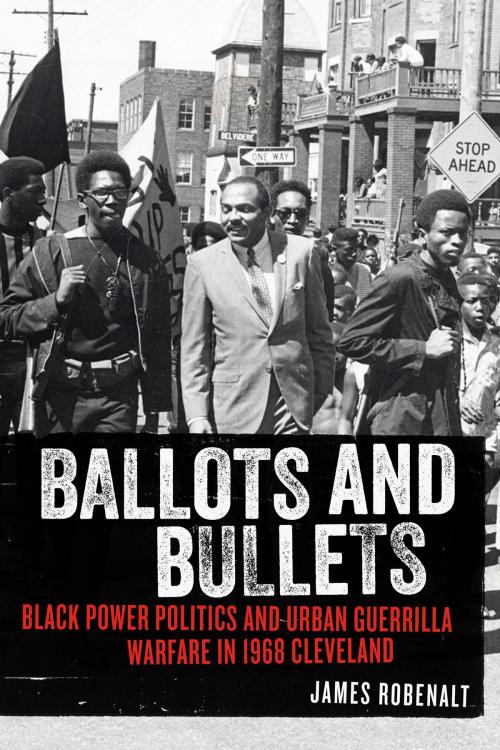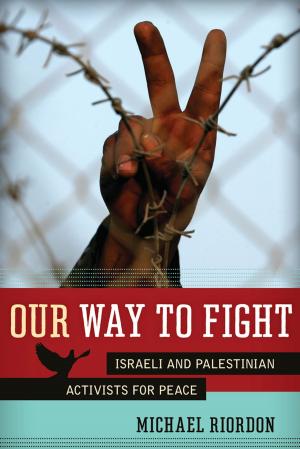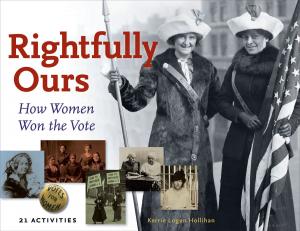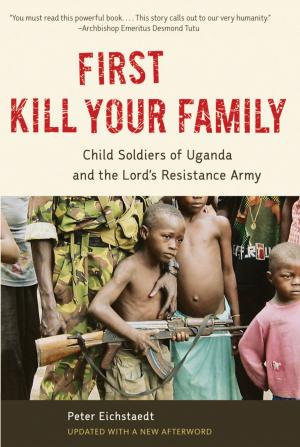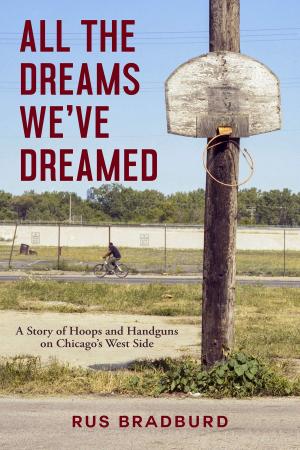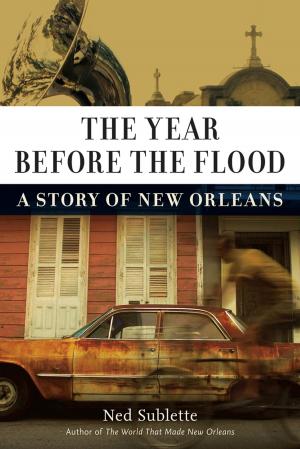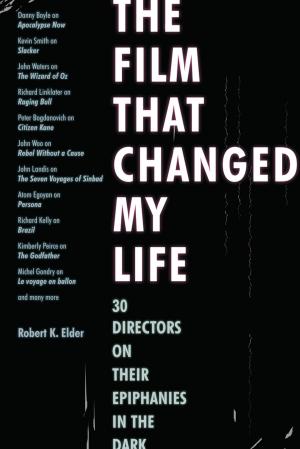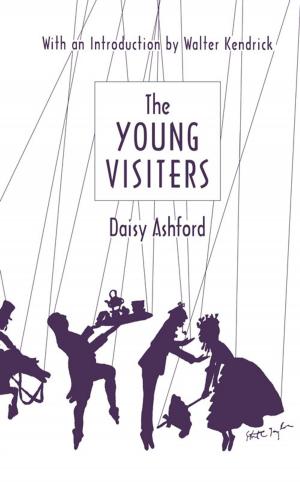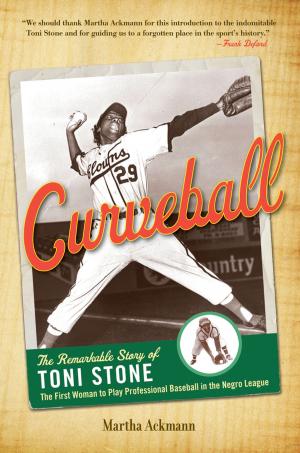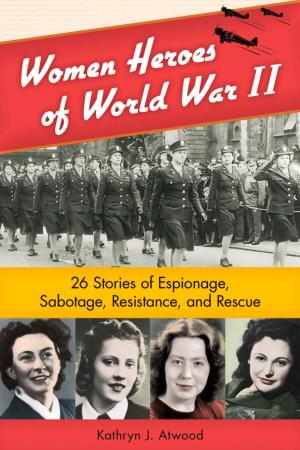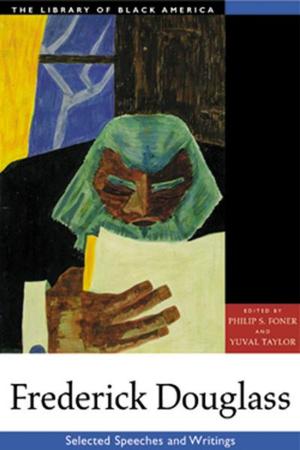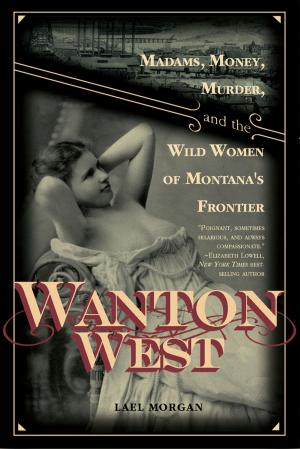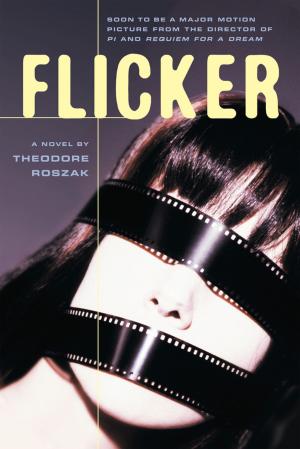Ballots and Bullets
Black Power Politics and Urban Guerrilla Warfare in 1968 Cleveland
Nonfiction, History, Americas, United States, 20th Century| Author: | James Robenalt | ISBN: | 9780897337168 |
| Publisher: | Chicago Review Press | Publication: | July 1, 2018 |
| Imprint: | Lawrence Hill Books | Language: | English |
| Author: | James Robenalt |
| ISBN: | 9780897337168 |
| Publisher: | Chicago Review Press |
| Publication: | July 1, 2018 |
| Imprint: | Lawrence Hill Books |
| Language: | English |
On July 23, 1968, police in Cleveland battled with black nationalists in a night of terror that saw 6 people killed and at least 15 wounded. The gun battle touched off days of heavy rioting. The question was whether the shootings were the result of a planned attack on white police, or a matter of self-defense by the nationalists. Mystery still surrounds how the urban warfare started and the role the FBI might have played in its origin.
The confrontation was surprising given that Cleveland had just elected Carl Stokes, the first black mayor of a major US city, who just four months earlier had kept peace in Cleveland the night that Martin Luther King Jr. was assassinated. Now his credibility and reputation lay in tatters—the leader of the black nationalists, Fred Ahmed Evans, had used Cleveland NOW! public funds to buy the rifles and ammunition used in the shootout.
Ballots and Bullets looks at the roots of the violence and its political aftermath in Cleveland, a uniquely important city in the civil rights movement. Martin Luther King Jr. came to Cleveland to raise money during his 1963 Birmingham campaign. A year later, Malcolm X appeared in the same east side church to deliver his most important speech: "The Ballot or the Bullet." Dr. King represented integration, nonviolence and his Christian heritage; Malcolm X represented racial separation, armed self-defense and the Black Muslims.
Fifty years later, the specter of race violence and police brutality still haunts the United States. The War on Poverty gave way to mass incarceration, and recently the Black Lives Matter revolution has been met by the alt-right counterrevolution. Answers are needed.
On July 23, 1968, police in Cleveland battled with black nationalists in a night of terror that saw 6 people killed and at least 15 wounded. The gun battle touched off days of heavy rioting. The question was whether the shootings were the result of a planned attack on white police, or a matter of self-defense by the nationalists. Mystery still surrounds how the urban warfare started and the role the FBI might have played in its origin.
The confrontation was surprising given that Cleveland had just elected Carl Stokes, the first black mayor of a major US city, who just four months earlier had kept peace in Cleveland the night that Martin Luther King Jr. was assassinated. Now his credibility and reputation lay in tatters—the leader of the black nationalists, Fred Ahmed Evans, had used Cleveland NOW! public funds to buy the rifles and ammunition used in the shootout.
Ballots and Bullets looks at the roots of the violence and its political aftermath in Cleveland, a uniquely important city in the civil rights movement. Martin Luther King Jr. came to Cleveland to raise money during his 1963 Birmingham campaign. A year later, Malcolm X appeared in the same east side church to deliver his most important speech: "The Ballot or the Bullet." Dr. King represented integration, nonviolence and his Christian heritage; Malcolm X represented racial separation, armed self-defense and the Black Muslims.
Fifty years later, the specter of race violence and police brutality still haunts the United States. The War on Poverty gave way to mass incarceration, and recently the Black Lives Matter revolution has been met by the alt-right counterrevolution. Answers are needed.
